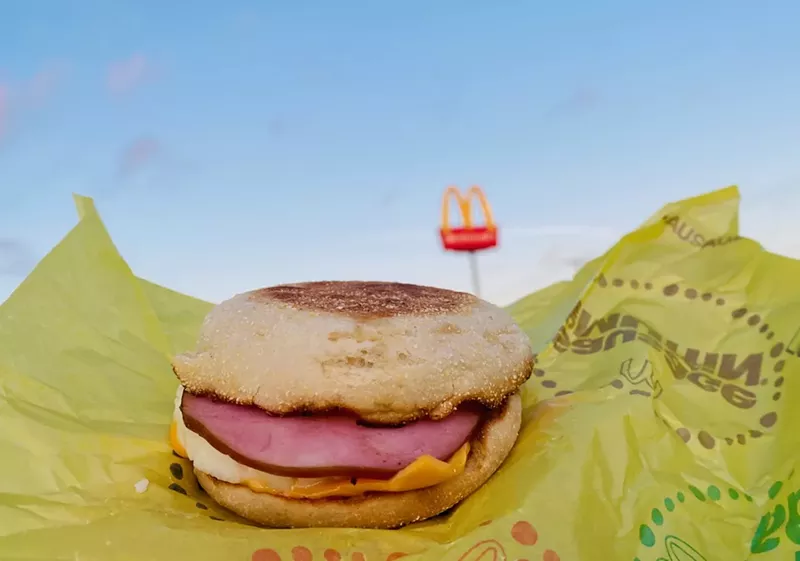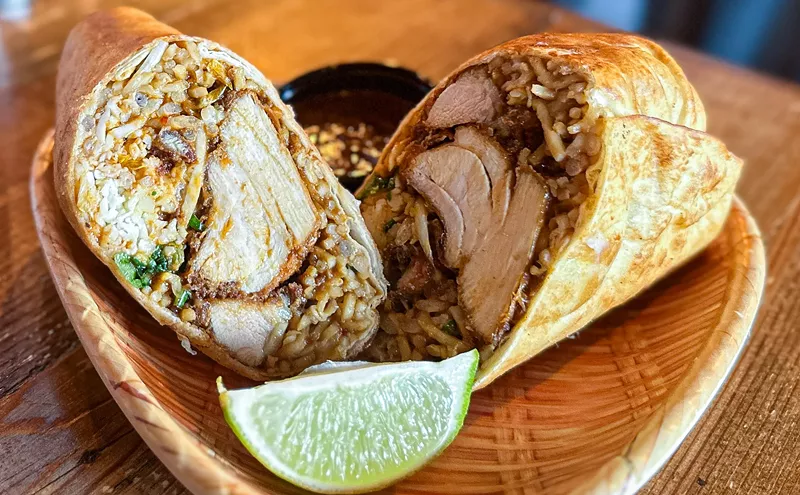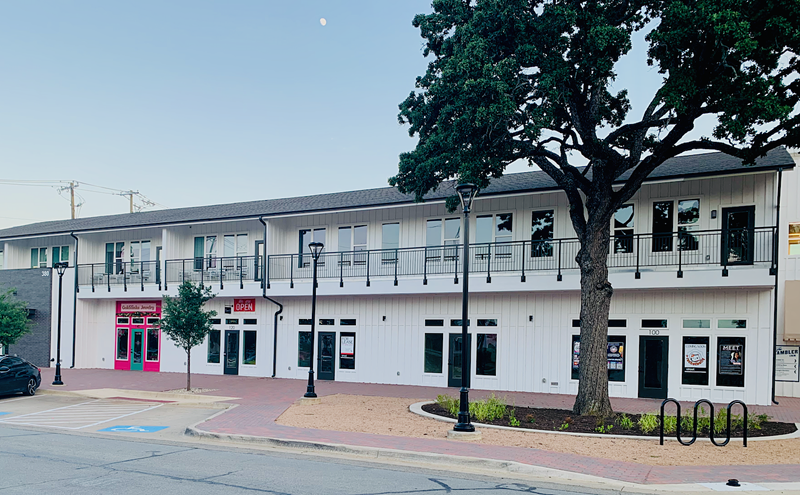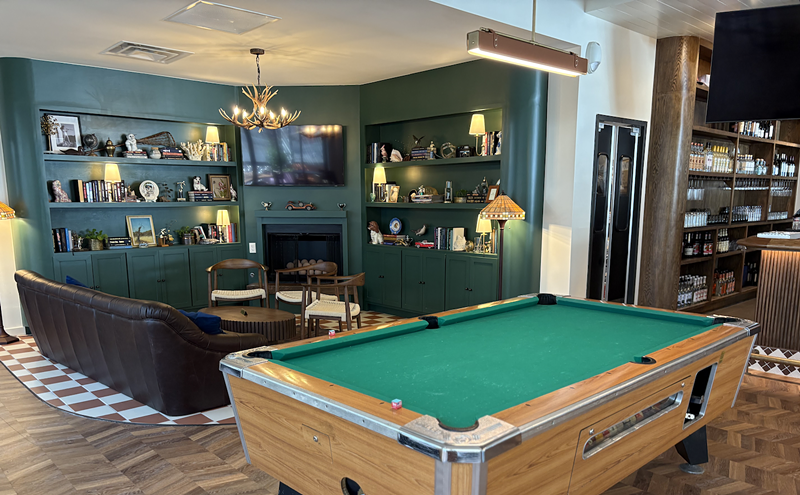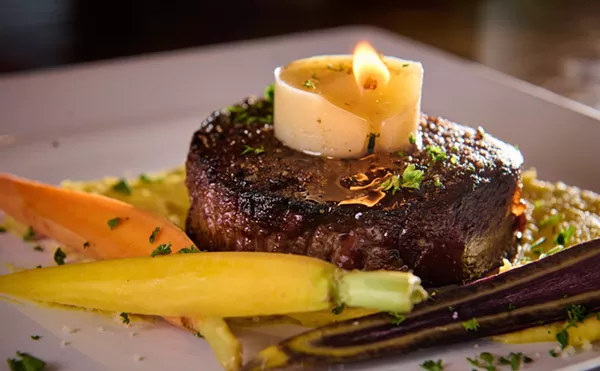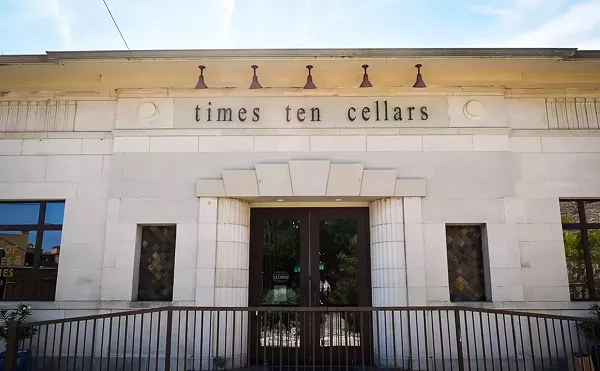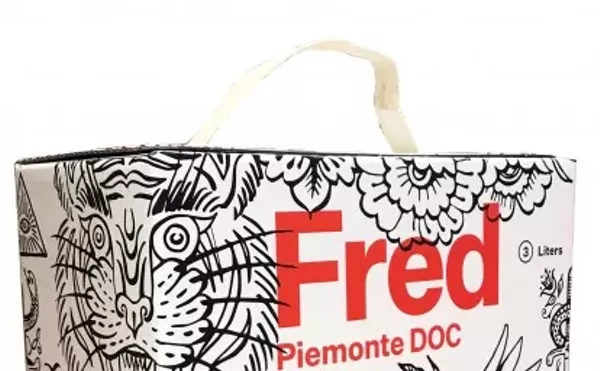Trump’s stint at the drive-thru was intended to mock Kamala Harris’ stories of working at Mickey D’s for a summer during college, which he claims is a lie.
"I've now worked [at McDonald's] for 15 minutes more than Kamala," the Republican candidate quipped during his shift.
Though this stunt was inspired by recent events, Trump has a long and well-documented love affair with the fast-food giant. He appeared in a McDonald’s ad in 2002 and served fast food when he hosted the Clemson Tigers football team at the White House in 2019.
After the photo-op in Pennsylvania, McDonald’s responded to the former president’s appreciation for their food with an internal statement that can best be described as “politely lukewarm,” claiming that they do not endorse political candidates but are nonetheless proud of their place in American culture.
“We are not red or blue – we are golden,” the statement reads. “Though we are not a political brand, we are proud to hear former President Trump’s love for McDonald’s and Vice President Harris’ fond memories working under the Arches.”
The statement goes on to clarify that McDonald’s did not seek out this event and that Trump’s campaign went through a local franchisee to coordinate it, adding that their restaurants are “open to everyone.”
McDonald’s is wrong about its brand being apolitical (it’s worth noting that the corporation has spent over $800,000 on political donations this year, including to both the Trump and Harris campaigns, according to Open Secrets), but correct about its place in the cultural consciousness.
According to a study from Robometric, McDonald’s is viewed as a symbol of American culture, success and consumerism, a brand that aligns with the Republican idea of American exceptionalism. It’s also no accident that this stunt was orchestrated in a swing state.
It’s not just Trump and McDonald’s, though. Fast food in general means something to people, and candidates know it.
The Receipts
The Washington Post wanted to know more about the fast-food divide between Republicans and Democrats, so they ransacked campaign finance reports from January 2023 to September 2024 for all food-related receipts. The findings were telling. The staff at WaPo stuck to restaurants that accrued at least $5,000 in campaign spending. The tally was about "500 popular restaurants and food purveyors, involving more than 21,000 receipts worth a collective $13 million."Restaurants with the most Republican receipts were, in order of money spent, McDonald's, Chick-fil-A, Starbucks, Dunkin and Jimmy John's.
Restaurants with the most Democratic receipts were DiMeo's Pizza, Chipotle, Whole Foods, Panera Bread and Capriotti's Sandwich Shop.
WhataTexan
Whataburger is a point of local pride for Texans. Anyone who’s lived here a significant amount of time has memories of hitting up the burger joint late at night when every other drive-thru was closed, stealing their little orange number placards or picking fights with people who prefer In-N-Out Burger (Whatburger’s arbitrary rival from California).In 2001, the state legislature went as far as to declare Whataburger a “Texas Treasure.” That’s how seriously it’s taken here.
Whataburger also donates to both camps, but doesn’t make any explicit political statements. During Beto O’Rourke’s 2018 Senate race, the Texas Democrat was open about his love for the burger chain. He made frequent Whataburger runs over the course of his campaign, and his logo even drew comparisons to Whataburger’s Spicy Ketchup packaging.
His opponent, Ted Cruz, referred to him as "Triple Meat Whataburger liberal,” after O’Rourke’s go-to order. We’re still not sure what exactly that means, but it’s a testament to how politically charged the brand was at the time.
O’Rourke himself is a native Texan, and the affection for Whataburger shown through his campaign was almost certainly genuine. Politics are never that simple, though. In subsequent elections, he has played host to Democrats from across the country at Whataburgers statewide.
He notably treated President Joe Biden to dinner there following the Dallas rally where he clinched the nomination in 2020 and did the same for Second Gentleman Doug Emhoff after a rally in Austin in September.
Colin Allred, the Democratic nominee for the U.S. Senate, dined at Cafe Momentum in Dallas earlier this year, which happens to be an Observer Top 100 Restaurant. The restaurant provides opportunities for youth who have been involved with the justice system, providing work, counseling and schooling. Allred also grabbed a bite at the Czech Stop in West, Texas, a few weeks ago while on the campaign trail.
His opponent, incumbent Sen. Ted Cruz, a Republican, hasn't worked any shifts at a fast-food restaurant but in 2014 at a rally during his presidential campaign, he promised local schoolchildren in Des Moines, Iowa, that if he were elected, he'd bring french fries back to their lunch trays — a dig at then-First Lady Michelle Obama's mission to address childhood obesity.

